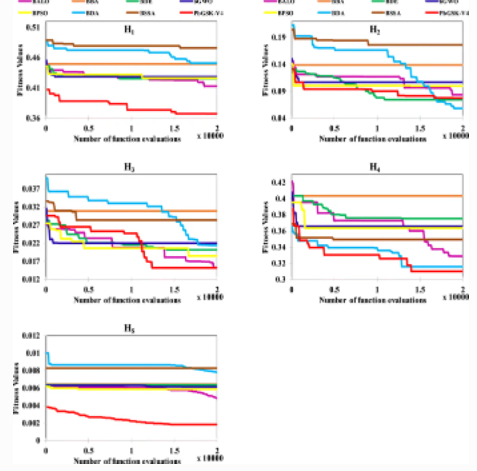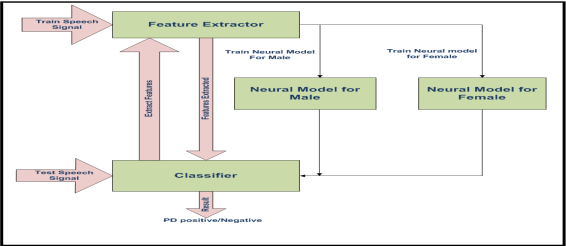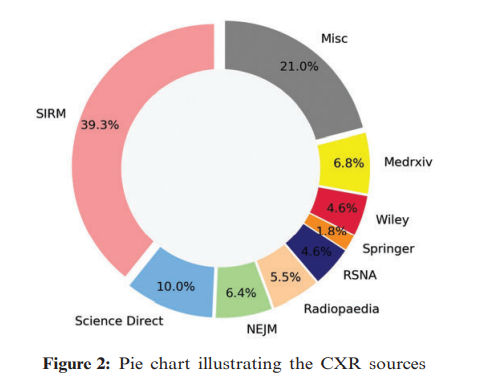
Optimizing Cooperative Cognitive Radio Networks Performance with Primary QoS Provisioning
We consider the problem of optimizing the performance of a cooperative cognitive radio user subject to constraints on the quality-of-service (QoS) of the primary user (PU). In particular, we design the probabilistic admission control parameter of the PU packets in the secondary user (SU) relaying queue and the randomized service parameter at the SU under non-work-conserving (non-WC) and WC cooperation policies. In the non-WC policy, two constrained optimization problems are formulated; the first problem is maximizing the SU throughput while the second problem is minimizing the SU average delay. In both problems, a constraint is imposed on the maximum allowable average delay of the PU. We show the equivalence of the two problems and develop a low-complexity line search algorithm to find the optimal parameters. Subsequently, the idea of optimizing the SU average delay is developed for the more complex WC policy, for its superior resource utilization and performance. Due to the sheer complexity of this optimization problem, we formulate another problem whose solution yields a suboptimal upper bound on the optimal SU delay. Afterwards, a practical WC-policy-based algorithm is designed in order to closely approach the optimal value of the SU delay. We show, through numerical results, that the proposed cooperation policies represent the best compromise between enhancing the SU QoS and satisfying the PU QoS requirements. Furthermore, the superior performance of the suboptimal WC policy over the non-WC policy is illustrated. Finally, the merits of the WC-policy-based algorithm are demonstrated through extensive simulations. © 1972-2012 IEEE.



